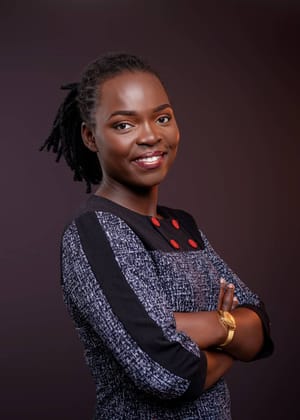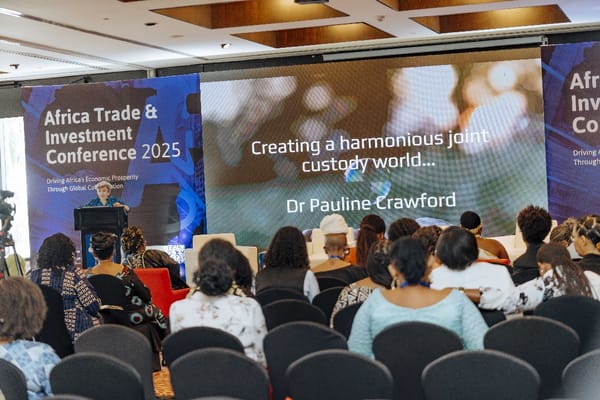Across the world, countless women live lives shaped by forces beyond their control, cultural norms, silence, and stigma surrounding their own bodies. Imagine a young girl, no older than ten, discovering her first period but finding no words to describe what is happening. Instead, she hides in fear and shame, missing school for days out of embarrassment. This is a story repeated tens of millions of times, where a natural biological process becomes a source of exclusion and insecurity.
Or consider a woman in a small village who quietly carries concerns about her reproductive health but fears speaking openly. Myths in her community say that to even ask questions is to invite gossip or worse. She worries about community judgment, about being seen as impure or defiant. Yet, she silently craves knowledge and freedom, the ability to make choices grounded in respect for her body and dignity.
These stories underscore a painful truth: cultural taboos do more than silence conversations; they shape realities where women’s bodies are treated as objects of control rather than vessels of autonomy. In many places, menstruation is treated as a secret shame; reproductive health questions are cloaked in whispers or outright denial. Women and girls are forced to navigate these waters alone, often at great cost to their education, health, and self-worth.
Access to healthcare is a battleground, especially where resources are scarce and traditions entrenched. Women may live miles away from clinics and healthcare facilities, face resistance from husbands or elders, or encounter providers who lack understanding or respect. The consequence is a heavy toll of unmet needs and hidden struggles, where the right to care is tangled with fear and misinformation.
At the heart of these interlocking issues lies the imperative of bodily autonomy, the right of every woman to make decisions free from coercion, stigma, or violence. Yet patriarchal values persistently frame women’s bodies as vessels of family honor and social control, reducing their participation in political, economic, and social spheres, and perpetuating cycles of inequality and poverty.
Yet, amidst these challenges, stories of resilience and hope emerge. Women who break the silence in their communities, educators who foster open dialogue, and advocates who insist on respect for bodily autonomy transform what once felt impossible. Through education, empathy, and engagement, taboos begin to crumble, allowing voices long muted to rise.
The journey toward bodily autonomy and reproductive rights is ongoing, complex, and deeply human. It demands that we listen to these personal stories, honor lived experiences, and commit to breaking the cycles of silence and control that have endured for generations.
Owning one’s body is not just a personal victory; it is an act of justice that ripples through families and societies. When every woman can make informed decisions without shame or coercion, communities become stronger, healthier, and more just.
Only then can we envision a world where every woman truly owns her story, her body, and her future.










